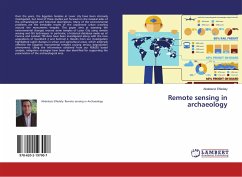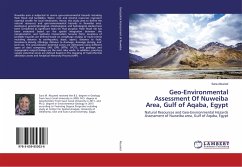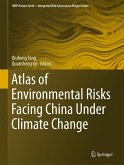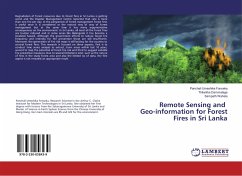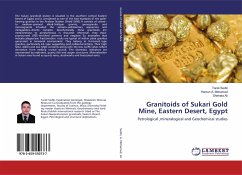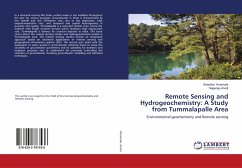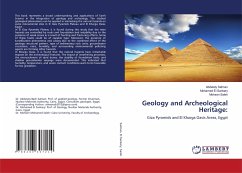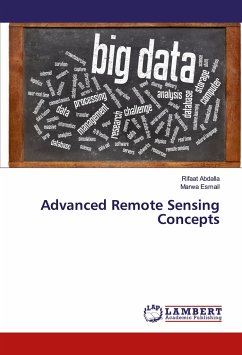Over the years, the Egyptian temples at Luxor city have been intensely investigated, but most of these studies just focused on the classical sides of the archaeological and historical descriptions. Many of the environmental problems are the inevitable results of the unplanned urban crawling around the monuments temples. This paper aims at assessing the environmental changes around some temples of Luxor City using remote sensing and GIS techniques. In particular, a historical database made up of Corona and Landsat TM data have been investigated along with the new acquisitions of Quickbird 2 and Sentinel 2. Results from our investigation highlighted rapid changes in urban and agricultural areas, which adversely affected the Egyptian monumental temples causing serious degradation phenomena. Using the information obtained from our RS&GIS based analysis, mitigation strategies have been also identified for supporting the preservation of the archaeological area.
Bitte wählen Sie Ihr Anliegen aus.
Rechnungen
Retourenschein anfordern
Bestellstatus
Storno

